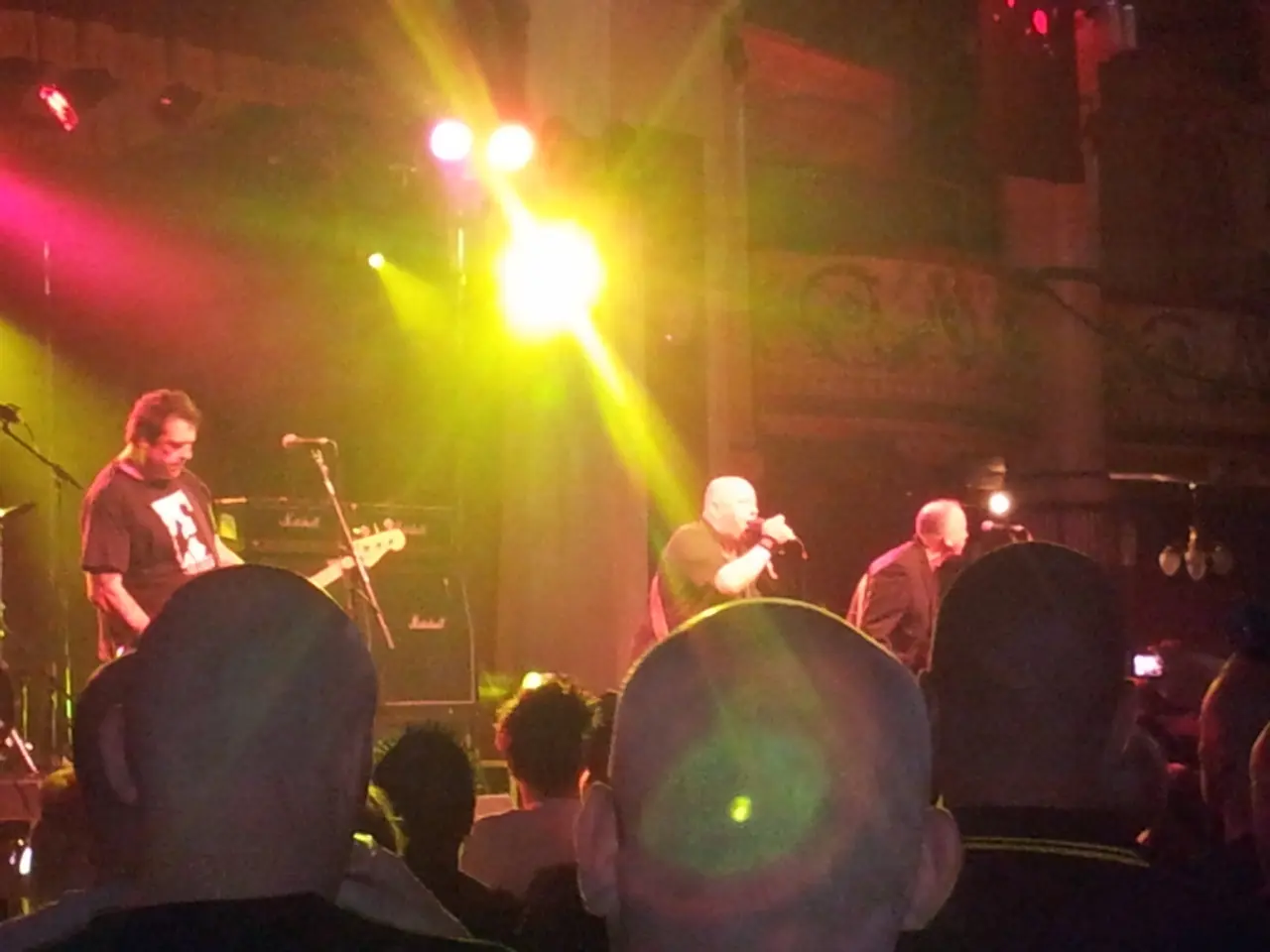Activists Pushing for Firearm Rights Amid Anxieties on Survival, Mention of Militias, and Extreme Politics
Insights: The growing presence of local firearm-bearing militias in the U.S. can be attributed to several interconnected factors that highlight a deepening political divide. Below is a breakdown of the pivotal contributing factors and their connection to political polarization:
Political Divides: Heightened political partisanship and distrust in government establishments foster support for groups that claim to embody authentic American ideals or challenge perceived government overreach. These organizations often espouse self-reliance and firearm preparedness as a response to the tumultuous political landscape.
Distrust and Militancy: The wide-spread distrust of federal and local authorities, triggered by events like election integrity controversies, health regulations, and law enforcement actions, encourages individuals to seek alternative avenues for security and companionship. Militia groups frequently present themselves as champions of autonomy and local authority.
Legal and Cultural Accommodation: The United States boasts a strong gun ownership tradition and in certain regions, legal frameworks that permit open or concealed carry. Some states even have "militia" laws, offering a legal foundation for organized citizen groups to train and bear arms.
Social Media and Radicalization: Media platforms facilitate the rapid dissemination of conspiracy theories and extremist beliefs. Additionally, they serve as a recruitment and organization tool for militia groups, helping them attract like-minded individuals, coordinate activities, and amplify political resentments.
Perceived Threats: Real or perceived threats, such as concerns of government tyranny, societal unrest, or crime, fuel individuals to join militia groups. These threats are often exaggerated by partisan media and discourse, further fueling polarization and the appeal of armed organizations.
Reflection of Political Polarization:
- Identity and Affiliation: Militia groups often associate themselves with specific political narratives or parties, reinforcing the "us versus them" mindset. This mindset further amplifies the perception that opposition figures represent an existential threat, rationalizing the need for armed self-defense.
- Response to Policy Debates: Controversial policies—including gun control, immigration, and public health mandates—serve as triggers for militia expansion. These debates are framed in divided terms, with militias becoming active players in opposing policies they see as violating rights or principles.
- Community and Belonging: For some, joining a militia is less about ideology and more about finding a community where individuals share their disillusionment. In a highly polarized environment, this sense of belonging can be appealing when traditional institutions are seen as failing or unreliable.
- Mobilization for Action: Political rhetoric and events can activate militia groups for protests, counter-protests, or even vigilantism. This further erodes trust in public institutions and legitimizes the notion that extra-governmental armed groups are necessary for security.
In conclusion, the emergence of local, firearm-carrying militias is a manifestation and catalyst of political polarization in the United States, stemming from distrust, legal traditions, online radicalization, and the perception of existential threats from political adversaries.
- The pervasive political polarization in the U.S. has led to the growth of militias, as these groups often align themselves with specific political narratives, mirroring a "us versus them" mindset that resonates with individuals seeking a community amidst distrust for traditional institutions.
- In the realm of cultural heritage, militias find justification for their existence in the strong gun ownership tradition of the United States, as well as in certain regions' legal frameworks that allow open or concealed carry, contributing to their proliferation and support in the face of real or perceived threats.








